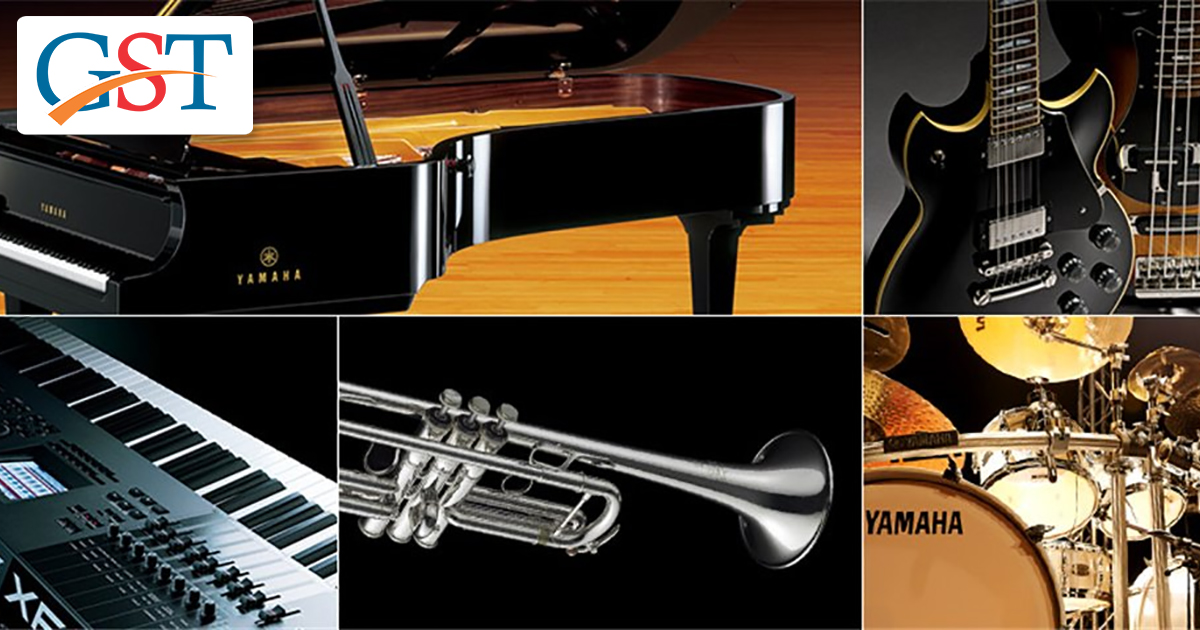Musical Instruments will be imposed at 28 percent higher tax rate in the Goods and Services Tax (GST) Regime and the owners of musical stores are protesting for the higher tax rates with confusion.
Siddharth Patwa, director of music store chain Soundglitz said, “Earlier, musical instruments in Karnataka were taxed at 14.5 per cent and Indian-made instruments at 5.5 per cent”. He further added that, “Abroad, music is considered to be educational. Putting a tax of 28 per cent on instruments makes pursuing music a luxury.”
Jason Prasanna Raj, manager at Traegen Systems that runs a franchise for Yamaha Music Store in HBR Layout said, “Raising the tax has affected entry level products for budding musicians and new learners. A hike of Rs 300-500 in fast-moving instruments like guitars and keyboards has led to a drop in sales definitely.”
After the implementation of Goods and Services Tax Regime from 1st July, the sales of the stores have been reduced by 60 percent. Raj said. “As the margins have become very small for retailers, it’s becoming difficult to offer any discounts to customers”.Discounts rates have been reduced by 5 percent from 12- 15 percent previously, said Ritwik Burman, the administration manager at musical instruments dealer Reynolds Inc,
Read Also: 5 Misconceptions About GST Which Everyone Needs to Understand
Beatboxer and Singer Vineet Vincent was disappointed with the higher tax rates said that, “As soon as one sees a 28 per cent tax, it becomes a deterrent,” he said. “Music is a way of life and has helped me make a living. But I struggle to afford a good guitar, a mike or an amplifier. Now it’s become even more difficult.” By adding that, for permitting local businesses and artists the government should have to make the musical instruments affordable. “A lot of people end up buying spare parts or musical instruments from abroad because they are very expensive in India. This (28 per cent GST) actually makes businesses lose money.”
There is also confusion about the classification of the instruments in the new regime. Handcrafted indigenous musical instruments are exempted from the tax in the new indirect regime. In the case of guitars and violins are manufactured in India, fall under the gambit of western instruments. Siddharth Patwa said that, This is “leading to a lot of confusion.”
Tax consultant Narasimhan Elangovan said, “With GST coming in, businesses will have to change their filing process. And once new imports begin, prices will be regularised due to the reduced import duties.” He also said, It is anticipated that the prices of musical instruments may be reduced after a few months when the rules of new tax regime clarify.
